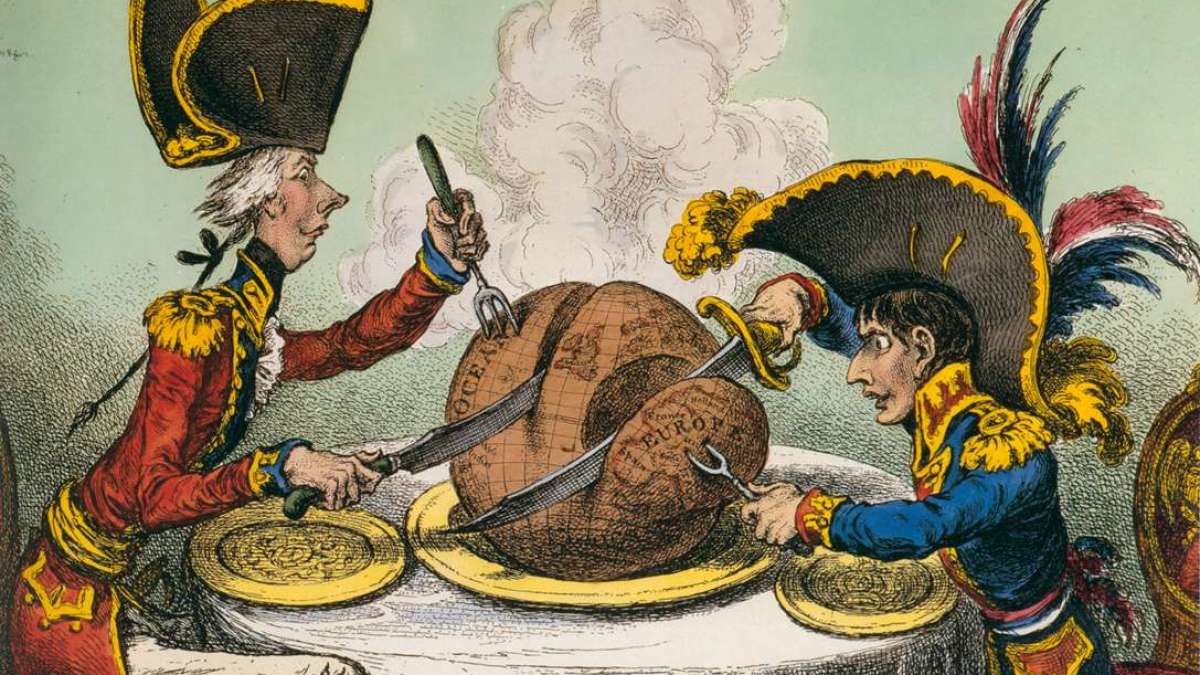
The impact of colonialism on African societies remains a poignant chapter, with far-reaching consequences that continue to shape the continent’s cultural identity and social fabric. Colonial powers sought to assert dominance not only through political and economic means but also by imposing European cultural norms, languages, and educational systems on African communities. This cultural subjugation led to the erosion of indigenous languages, customs, and traditions, leaving behind a legacy that continues to influence the social dynamics of the continent.
The European colonization of Africa, spanning the late 19th to mid-20th centuries, was characterized by a systematic effort to reshape the cultural landscape of the colonized nations. European powers believed that imposing their cultural values and institutions was a means of civilizing and modernizing the “uncivilized” societies they encountered. As a result, indigenous languages were marginalized, and European languages were promoted as the medium of communication, administration, and education.
One of the most profound consequences of this linguistic shift was the gradual erosion of native languages, many of which faced extinction or severe decline. Generations were raised with European languages as the primary means of communication, leading to a disconnect with their linguistic heritage. The loss of language, a vital component of cultural identity, has had lasting effects on the transmission of traditional knowledge, folklore, and oral histories from one generation to the next.
Moreover, the imposition of European educational systems contributed to the dilution of indigenous knowledge systems. The curriculum favored European history, literature, and scientific perspectives, marginalizing the rich cultural and intellectual traditions of African societies. This Eurocentric education not only devalued indigenous knowledge but also reinforced a sense of inferiority among the colonized populations.
The erosion of cultural practices and traditions further impacted social cohesion within African communities. Traditional customs, rituals, and social structures that had shaped these societies for centuries were often suppressed or replaced by European norms. This disruption resulted in a loss of social harmony and a sense of disorientation, as communities struggled to adapt to the imposed changes.
While the era of formal colonial rule has ended, the enduring legacy of cultural imperialism continues to be felt across Africa. Efforts to reclaim and revitalize indigenous languages and traditions are underway, but the journey to restore cultural identity and social cohesion is an ongoing challenge. Acknowledging the historical injustices of colonialism is a crucial step towards fostering a more inclusive and culturally diverse future for the people of Africa.
